
The Truth About Corporate Transformation
Empirical analysis reveals that conventional wisdom about big, risky change initiatives is often wrong.
Read or listen offline
Amazon KindleRecommendation
Many articles concerning corporate transformation offer perspectives on change with little basis in empirical data. This contribution from the MIT Sloan Management Review features data analyses on more than 300 US companies with dropping total shareholder return (TSR) – an indicator that suggests the need for massive corporate change. Boston Consulting Group’s Martin Reeves, Lars Fæste, Kevin Whitaker and Fabien Hassan discovered several factors that exercised an outsize influence on subsequent improvements in TSR. Leaders hoping to spearhead their own successful corporate transformation should take note.
Summary
About the Authors
Martin Reeves directs the Boston Consulting Group Henderson Institute and is a senior partner in BCG’s New York office. Lars Fæste leads BCG’s transformation practice and is a senior partner at BCG Copenhagen. Kevin Whitaker is a member and Fabien Hassan is an ambassador at the BCG Henderson Institute.








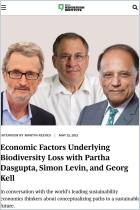


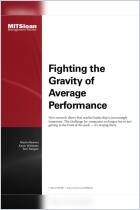
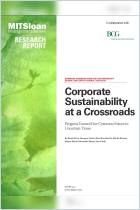

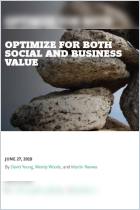
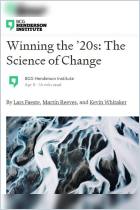
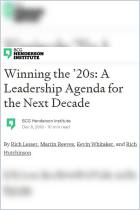
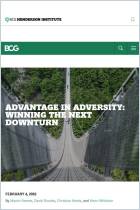
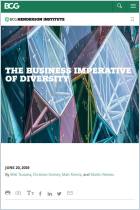
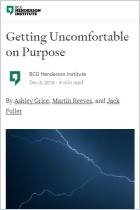



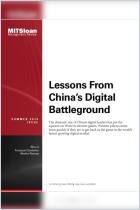
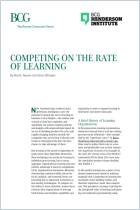



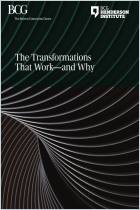
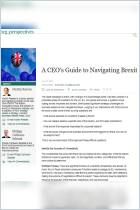
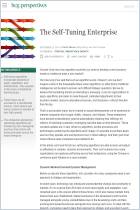
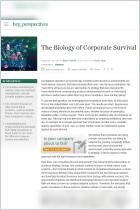
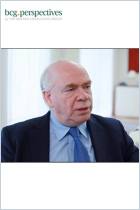

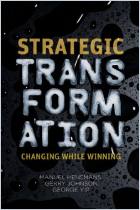
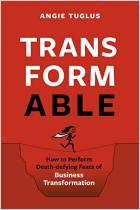
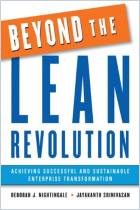
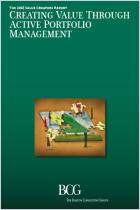




Comment on this summary